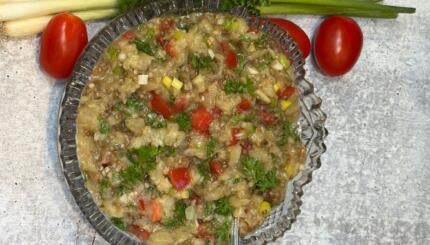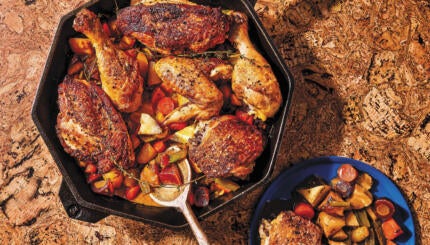I’m a Florida native. I’ve been described as a fish, spending so much time in the water, swimming and splashing in the sun. Now, I live in Mississippi — and while I miss the sand and salt water of the gulf shore of Florida, there’s something I wish Jackson had even more than a real beach: Publix.
While there are fancier and trendier grocery stores out there, for this Florida-born rabbi, nothing quite compares to the awesomeness of Publix. With wonderful produce and helpful service, my childhood grocery has ranked near the top in customer satisfaction for many years. Not only does the corporation care about customers but it also cares about its employees, giving wonderful benefits and prioritizing employment opportunities for workers with disabilities.
Me, many years ago, on the beach in Florida enjoying a snack…
But my favorite thing of all is the Publix Deli Sub. The deli meat selection, the fresh ingredients — all the delicious culinary accoutrements you want to eat go on the best French bread imaginable. I’ve made Education Fellows bring me my chosen sandwich when they’ve been in Publix territory during visits. When I’m on the road myself, I’ve even ordered them online right after Shabbat oneg (social event after services Friday night) to make sure I could eat one at some point on my visit.
And thus, my frustration with the Passover Pilgrimage.
Most people think I would be concerned with the travel (over 2,000 miles in a week) or my voice holding up with all the talking and singing I have to do (leading eight seder events in seven days). But really, the challenge for me is that four of the days I spend on the road are in places in which Publix sells my favorite sammie — the “doubly breaded” chicken tender sub… AKA a sandwich that is absolutely off-limits this week.
READ: Why I Keep Kosher for Passover Even Though I Don’t Keep Kosher Year-Round
I drive by the stores in Alabama and look longingly out the window. I cross briefly through Georgia and consider getting a salad (not as good as the sub). And, as I cruise on the highways of Florida, I debate yanking the steering wheel at the exits that advertise those beautiful green signs. Alas, it is not to be.
Like most Jews observing Passover, I always get tired of eating only matzah (unleavened bread) over the course of the Passover week. But, until I took on the role of a roving rabbi, I never quite understood why it was called the “bread of affliction.” And, I know that while the hunger I feel in my gut isn’t quite what the Torah intends, I do empathize with our ancestors who had limited options on what they could eat when they left Egypt. Like the ancient Israelites, I’ll have to wait for my next trip East to satisfy my culinary craving.
READ: What It Means to Keep Kosher for Passover
With any luck, it won’t take 40 years.
Chag Pesach sameach, y’all!
Jewish food, holidays, Torah, Shabbat, history, blogs and more in your inbox – sign up now!
Pesach
Pronounced: PAY-sakh, also PEH-sakh. Origin: Hebrew, the holiday of Passover.
seder
Pronounced: SAY-der, Origin: Hebrew, literally "order"; usually used to describe the ceremonial meal and telling of the Passover story on the first two nights of Passover. (In Israel, Jews have a seder only on the first night of Passover.)
Torah
Pronunced: TORE-uh, Origin: Hebrew, the Five Books of Moses.



